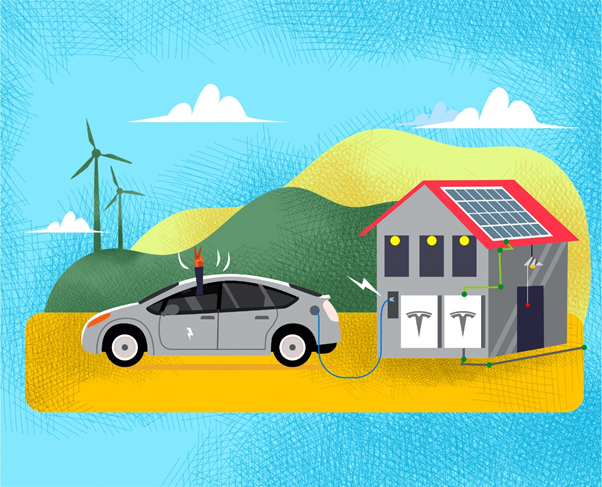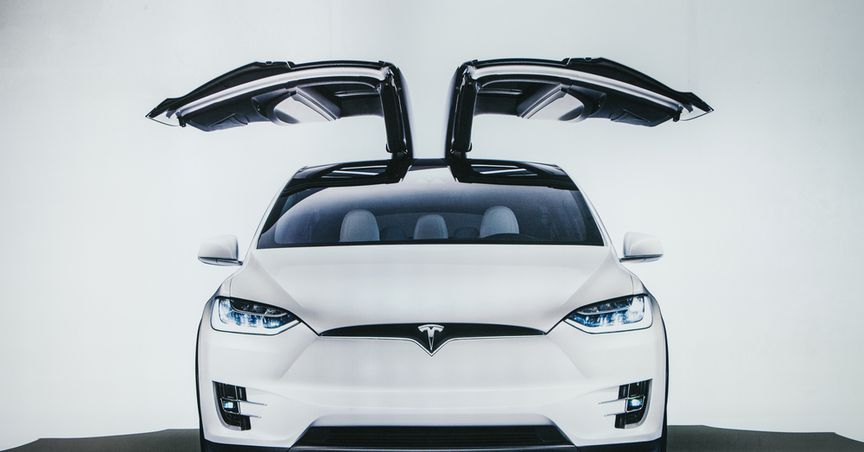Source: franz12,Shutterstock
Summary
- Tesla has secured greater control over nickel supply with the execution of a partnership with the New Caledonian government.
- The decision comes amid surging demand for electric vehicles and growing concerns about the future supplies of nickel.
- Goro mine has an annual production capacity of approximately 40,000 tonnes.
Nickel is widely used in the batteries of electric vehicles and other electronic gadgets. With global shift towards green and clean energy, the demand for this metal has skyrocketed. Consequently, there are growing concerns about the future supplies of nickel.
Eyeing to secure the supplies of this key metal for use in its electric vehicle (EV) batteries, Tesla recently reached a pact with the government of New Caledonia. The development comes after the successful execution of a deal between Brazilian mining company Vale and the New Caledonian government, enabling the former to sell its controversial Goro mine in the Pacific Island.
Tesla - Technical Partner for Goro Mine
The US-based electric vehicle and clean energy company has been named as “technical and industrial partner” in the deal. Tesla will serve as a technical advisor for the Goro mine to assist with sustainable production.
The company is expected to have access to a long-term nickel supply from the mine.

Copyright © 2020 Kalkine Media Pty Ltd
New Caledonia is on the list of the top four nickel producers in the world. The French overseas territory accounts for around a quarter of the global nickel production.
Goro, owned and operated by Vale, is the largest nickel mine in New Caledonia with a production capacity of around 40,000 tonnes per year.
Why Tesla Signed the Agreement?
In 2020, the EV market experienced an unprecedented sales volume, with global electric car sales volume growing from 2.1 million in 2019 to more than 3 million.
The total number of electric cars on the road now stands at 10 million across the globe. By 2030, this number is forecast to grow to around 27 million.
Nickel is the key element for manufacturing Lithium-Ion batteries (LIB), which are majorly used by the EV industry to fuel their units. The metal is a big part of the cathode, providing density to LIBs and enabling uninterrupted drive with a longer charge.
The battery-grade nickel mining and processing rates are not sufficient to maintain the market equilibrium point. With surging demand in the future, EV manufacturers are concerned about the supply of nickel and looking to secure their supply.

Copyright © 2020 Kalkine Media Pty Ltd
Good Read: The EV race has begun: Why are automakers going electric?
In fact, the concern had gone public last month when Elon Musk, the CEO of Tesla, tweeted that he is looking for options to replace nickel with iron ore because of its relatively higher availability than nickel.
Vale and New Caledonia Government Deal
Brazilian miner Vale SA decided to sell its French Pacific business unit last year to a consortium including Singaporean commodity trader Trafigura. However, the decision was strongly opposed by pro-independent groups, and they started protesting, leading to the mine shutdown.
Last week, political parties in New Caledonia agreed to the sale of Vale's nickel business with conditions.
As a final decision, loyalist and pro-independence leaders proposed a 51% stake to be held by New Caledonia’s provincial authorities and other local interests and a 19% stake by Trafigura.
Detailed Discussion: Tsingshan supply deal slows down Nickel bulls



